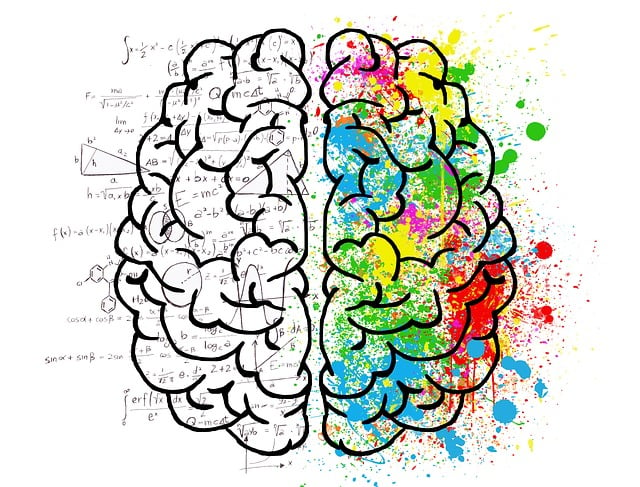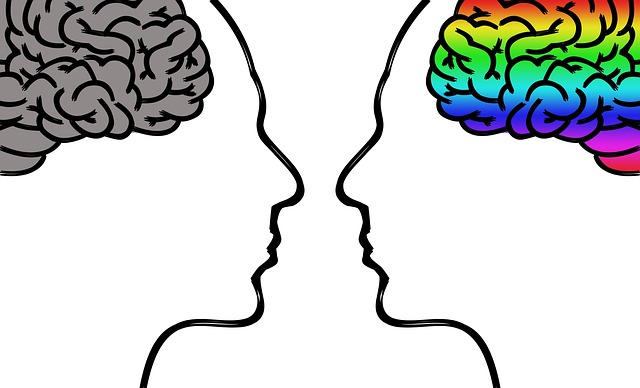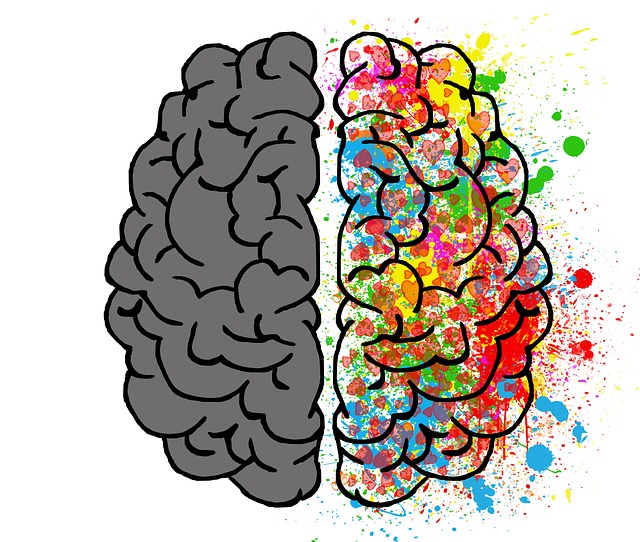How speaking more than one language affects your brain. Speaking more than one language has numerous benefits.
How speaking more than one language affects your brain








Being able to speak more than one language is a highly sought-after skill in today’s globalized world. But did you know that it can also have a profound impact on your brain? In this blog post, we’ll explore how speaking more than one language affects your brain and why it’s beneficial for your cognitive development.


Increased gray matter
Studies have shown that bilingual individuals have a higher density of gray matter in their brains than monolingual individuals. Gray matter is the part of the brain responsible for processing information, including language. By speaking two or more languages, bilingual individuals use more of their brain’s gray matter, which helps to improve their cognitive abilities.
A study published in the journal Nature found that bilingual individuals had greater gray matter density in the left inferior parietal cortex, a region of the brain involved in language processing and working memory.
You can know more at this link: https://www.nature.com/articles/nature04813







Better cognitive flexibility
Cognitive flexibility refers to the ability to switch between tasks, solve problems, and adapt to new situations. Speaking more than one language has been shown to improve cognitive flexibility, as bilingual individuals are constantly switching between languages and using different cognitive processes to do so. This can help them become better problem-solvers and adapt more easily to new situations.
A study published in the journal Psychological Science found that bilingual individuals were better able to switch between tasks and demonstrated greater cognitive flexibility than monolingual individuals.
You can know more at this link: https://journals.sagepub.com/doi/abs/10.1111/j.1467-9280.2004.01381.x







Delayed onset of Alzheimer’s disease
Research has suggested that speaking more than one language can delay the onset of Alzheimer’s disease and other forms of dementia. Bilingual individuals have been found to have a higher cognitive reserve, which means that their brains can better cope with the damage caused by dementia. This may be due to the fact that speaking multiple languages requires more mental effort and can help to build up cognitive reserves.
A study published in the journal Neurology found that bilingual individuals had a later onset of Alzheimer’s disease than monolingual individuals, with an average delay of 4.5 years.
You can know more at this link: https://n.neurology.org/content/82/10/887.short







Enhanced communication skills
Speaking more than one language can also improve your communication skills. Bilingual individuals are more adept at picking up on nonverbal cues and can often understand nuances in language that monolingual individuals may miss. This can be especially helpful in cross-cultural communication, where understanding these nuances can help to avoid misunderstandings.
A study published in the journal Bilingualism: Language and Cognition found that bilingual individuals were better able to interpret ambiguous language than monolingual individuals, suggesting that they have enhanced communication skills.
You can know more at this link: https://www.cambridge.org/core/journals/bilingualism-language-and-cognition/article/bilingual-advantage-in-ambiguous-language-comprehension/BBE7F9FF98D4B1AED4B8D4E2F514D688







Improved attention and focus
Research has also shown that speaking more than one language can improve attention and focus. Bilingual individuals have been found to be better at filtering out irrelevant information and focusing on what’s important. This may be due to the fact that speaking multiple languages requires a greater level of attention and concentration.
A study published in the journal Cortex found that bilingual individuals were better able to filter out irrelevant information and maintain focus on a task than monolingual individuals.
You can know more at this link: https://www.sciencedirect.com/science/article/abs/pii/S0010945206001720





In conclusion, speaking more than one language can have a profound impact on your brain. It can increase gray matter, improve cognitive flexibility, delay the onset of Alzheimer’s disease, enhance communication skills, and improve attention and focus. So if you’re considering learning a new language, remember that it’s not just a valuable skill – it’s also great for your brain!





Also check out these posts on learning languages















